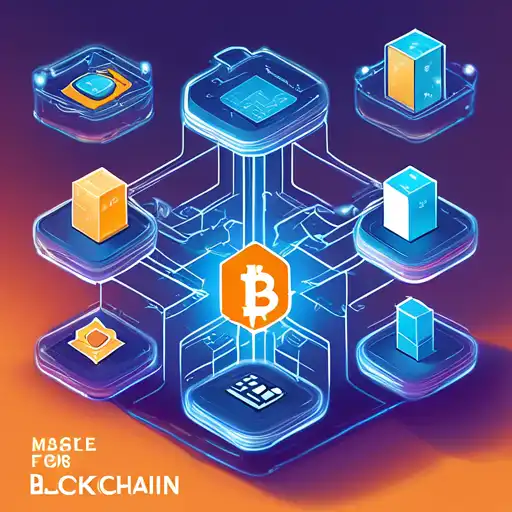What is Blockchain?
Blockchain technology is a digital ledger that allows data to be stored globally on thousands of servers. It lets participants in the network verify and audit transactions independently. This technology is the backbone of cryptocurrencies like Bitcoin, but its potential uses extend far beyond digital currencies.
How Does Blockchain Work?
At its core, a blockchain is a chain of blocks, where each block contains a number of transactions. Every time a new transaction occurs, it is recorded in a block. Once the block is filled with transactions, it is added to the chain in a linear, chronological order. This process is secured through cryptography, making it nearly impossible to alter past transactions.
Key Features of Blockchain
- Decentralization: Unlike traditional ledgers, blockchain does not have a central authority. This means no single entity has control over the entire chain.
- Transparency: All transactions are visible to anyone within the network, ensuring transparency.
- Immutability: Once a transaction is recorded, it cannot be altered or deleted, ensuring the integrity of the data.
Benefits of Blockchain Technology
Blockchain offers numerous benefits across various sectors. Here are a few:
- Enhanced Security: The cryptographic nature of blockchain makes it highly secure against fraud and hacking.
- Reduced Costs: By eliminating intermediaries, blockchain can significantly reduce transaction costs.
- Increased Efficiency: Blockchain can streamline and automate processes, leading to faster transactions.
Blockchain Beyond Cryptocurrency
While blockchain is synonymous with cryptocurrency, its applications are vast. Industries like healthcare, finance, and supply chain management are exploring blockchain for solutions like secure patient records, faster cross-border payments, and transparent supply chains.
Getting Started with Blockchain
For beginners interested in blockchain, starting with understanding the basics of cryptocurrencies can be a good step. Resources like Blockchain Basics offer comprehensive guides. Additionally, experimenting with small amounts of cryptocurrency can provide practical insights into how blockchain transactions work.
Conclusion
Blockchain technology is revolutionizing how we think about data security and transparency. Its potential extends far beyond cryptocurrencies, offering solutions to many of today's digital challenges. For beginners, taking the time to understand blockchain's fundamentals can open up a world of opportunities in the digital age.
